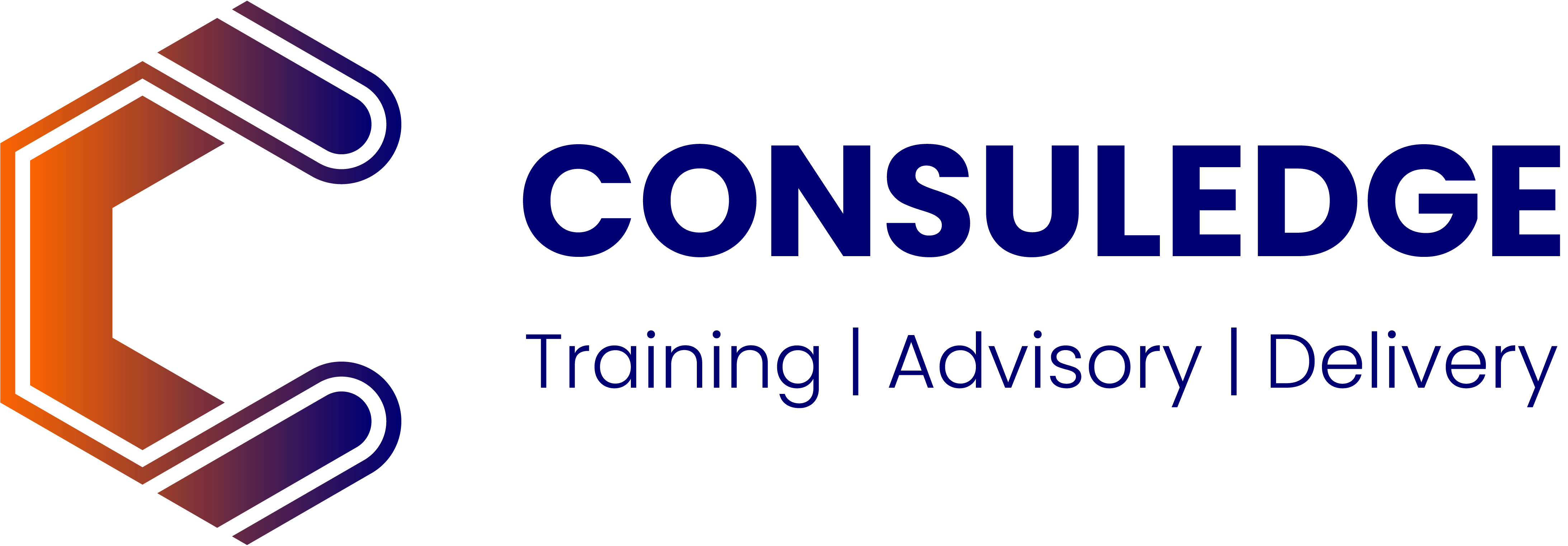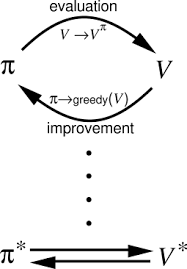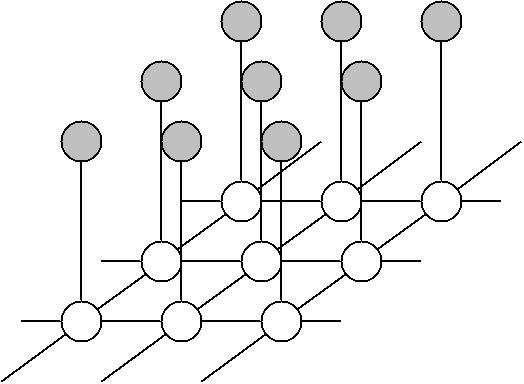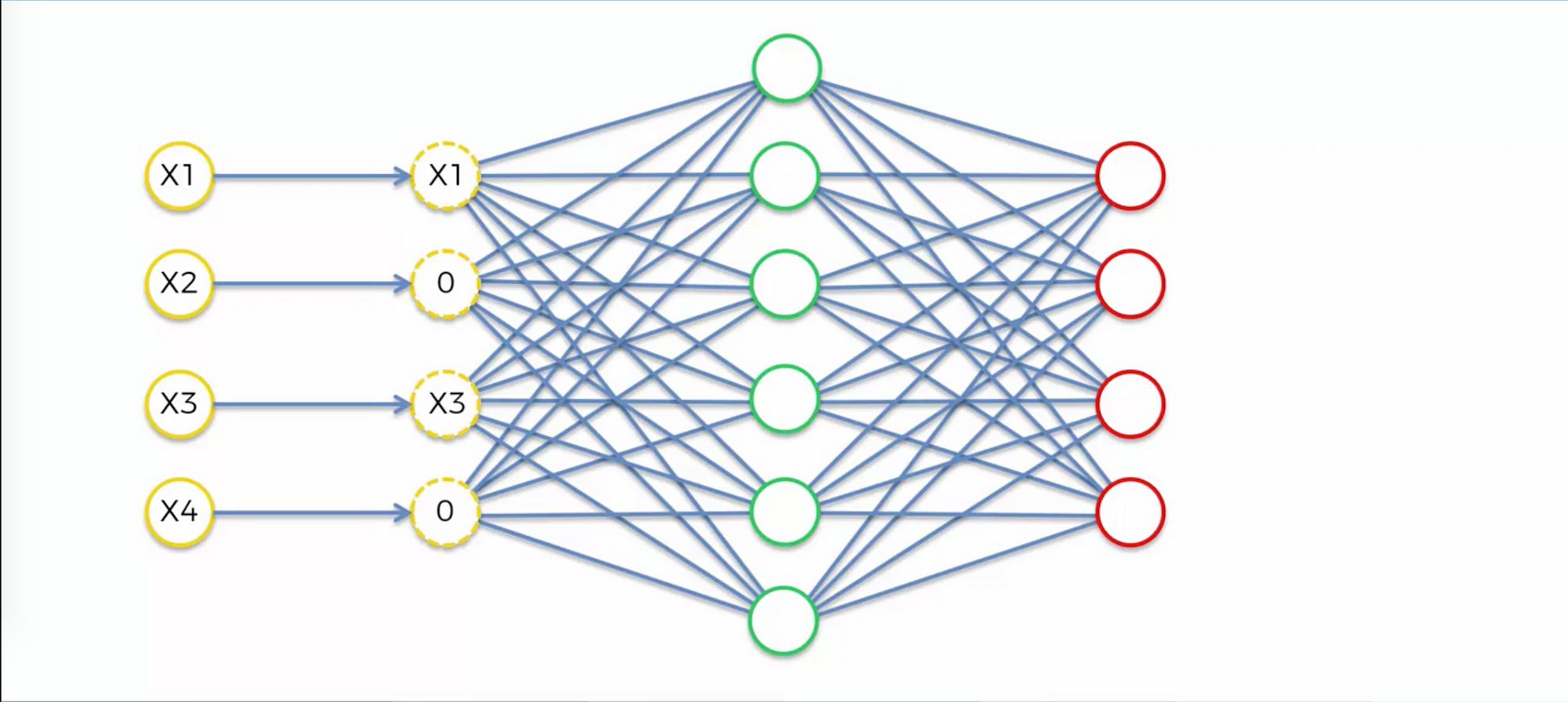Q-Learning, introduced in 1989 by Chris Watkins, is a model-free reinforcement learning algorithm that discovers optimal decision-making strategies by evaluating actions in a given state. It is widely applied for scalable problem-solving, from fraud detection to energy grid optimisation and public transport scheduling.
Policy iteration, first introduced in the 1950s by Richard Bellman and refined by Andrew Barto and Richard Sutton, is a fundamental method in Reinforcement Learning for optimising decision-making strategies. By iteratively evaluating and improving policies, it ensures efficient and adaptive solutions for complex sequential decision problems.
Markov Random Fields (MRFs), introduced through Andrey Markov’s early 20th-century work and formalised by Julian Besag in the 1970s, are probabilistic graphical models for representing contextual dependencies. Widely used in applications like image processing, natural language processing, and environmental modeling, MRFs capture relationships within structured data.
Denoising autoencoders, introduced in 2008 by Pascal Vincent, are neural networks designed to reconstruct clean data from noisy inputs. Widely used in medical imaging, satellite data analysis, and speech processing, they enhance data quality and enable robust feature extraction.
Untested assumptions can limit business growth—data-driven insights unlock new opportunities. Stay open to facts, challenge the status quo, and make informed decisions.
This blog explores the pitfalls of overly complex business dashboards and highlights the importance of simplicity in deriving actionable insights. By prioritising key metrics and decluttering, organisations can turn their dashboards into effective tools for strategic decision-making.
This blog explores the challenges of distinguishing meaningful insights from noise in complex data environments. By implementing Statistical Process Control (SPC), organisations can focus on genuine data signals, enhance decision-making, and foster a more inclusive and effective workplace.
This blog explores the pitfalls of relying on superficial solutions to address business challenges, drawing lessons from SC Johnson’s experience with Duck toilet care products. By utilising tools like logistic binary regression analysis and avoiding oversimplification, organisations can uncover deeper insights, address root causes, and implement lasting, impactful solutions that drive growth and innovation.
Relying solely on data without incorporating human insights leads to misguided decisions and missed opportunities. This blog discusses how businesses can build a resilient strategy by integrating data with the diverse perspectives of their teams, transforming challenges into growth opportunities through a human-centered, data-informed approach.










